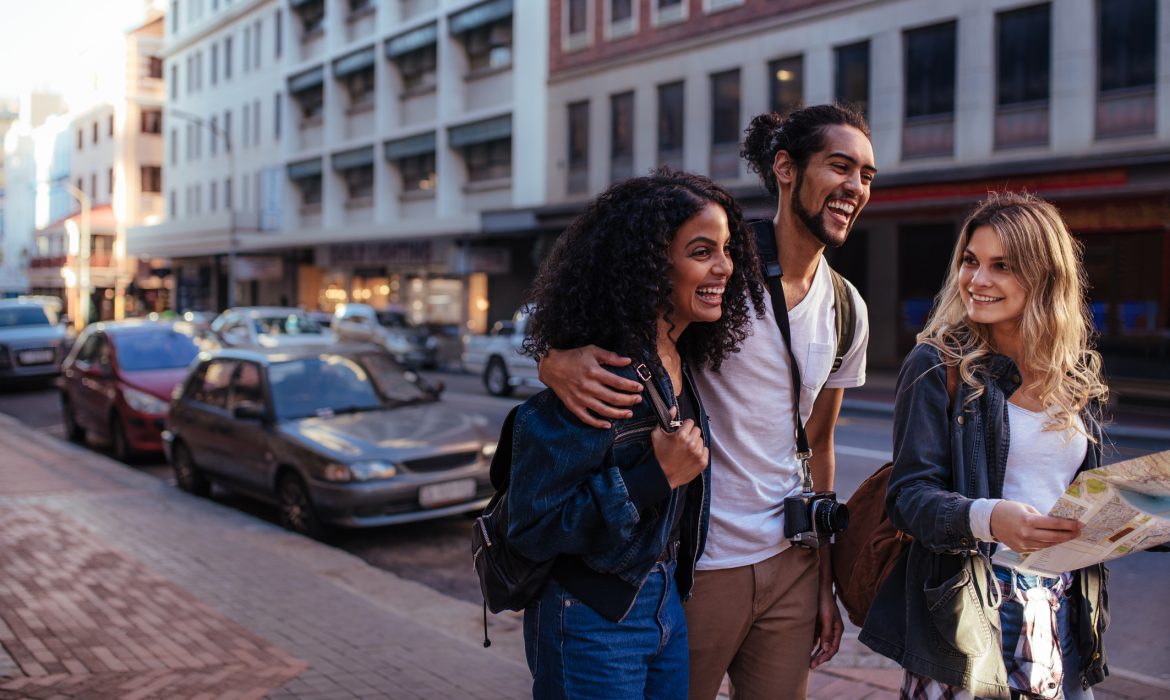Lisa Krohn’s Ashanti Lodge in Cape Town – normally abuzz with backpackers from around the world – today sits largely empty, a sign of how the pandemic has crushed South Africa’s tourist industry.
“This place is like a morgue,” she said, contemplating the Victorian-era building’s deserted foyer.
Following a five-month lockdown, South Africa is easing domestic travel restrictions, allowing hotels to reopen. With international borders still closed, the government is pinning its hopes on domestic tourism, echoing a strategy being tried from Vietnam to New Zealand with mixed results.
South Africa remains among the countries hardest hit by the pandemic however. And with recession-battered consumers watching their pocketbooks, many in the sector foresee an uphill battle.
“When your tourism industry is all geared towards international tourism, domestic tourism will not compensate,” said Olivier Ponti, vice-president at ForwardKeys, which studies global travel trends. “It’s just impossible.”
Abundant wildlife, stunning scenery and renowned vineyards have made South Africa one of the world’s big long-haul travel destinations, establishing tourism as a pillar of the economy.
Last year, it welcomed over 10 million international visitors. SA Tourism, the sector’s marketing agency, was targeting 8.7% year-on-year growth in inbound arrivals in 2020 with total tourist spending projected to reach 273 billion rand ($16 billion).
But COVID-19 brought the sector to a screeching halt as governments closed borders and imposed lockdowns.
“It isn’t just a reduction in income, it’s been zero income,” said Lisa Goosen, CEO of Tintswalo, which operates high-end lodges and boutique hotels.
Of tourism businesses responding to a government survey, 64% were unable to service their debts in May and 67% could not meet fixed costs. Many businesses have laid off staff or slashed wages. Others have gone bust.
SA Tourism says nearly 440,000 tourism jobs are at risk this year. The sector is expected to lose 75% of projected revenues and 80 billion rand in foreign receipts.
A LOST SEASON?
With South Africans now permitted to travel between provinces for the first time since March, tourist-focused businesses are pivoting to domestic customers to stay afloat.
To keep the lights on, Krohn’s Ashanti Lodge had begun renting rooms long-term to locals needing cheap accommodation. Now, hotels and guesthouses like hers are rushing to put together “city break” offers.
Tintswalo has slashed prices 50% for “staycation” deals at properties like its five-star hotels in Cape Town and luxury safari lodges previously frequented by Americans and Europeans.
Restaurants on the city’s waterfront are recalling furloughed staff. Game reserves are preparing campsites.
Authorities says travel by South Africans will be key to relaunching the sector, starting with outings close to home then broader domestic tourism.
“Strong domestic demand will be critical to performance in the second half of 2020,” SA Tourism wrote in a recently published recovery plan.
In an early indication of pent-up demand, ForwardKeys analysts saw a 60% surge in domestic flight searches as the government loosened travel restrictions.
But those volumes are still down 80% from the same period last year, and current economic woes will likely dampen any domestic travel rebound.
When the pandemic struck, South Africa was already in recession. The economy is projected to shrink by 7.2% this year, and lockdown layoffs have added to a pre-COVID jobless rate of 30%.
“We are going to have a lot more unemployed people, which means there is going to be a lot less disposable income,” said Enver Duminy, CEO of Cape Town Tourism.
Local tourism was already slipping. Domestic trips dropped nearly 14% year-on-year in 2018. And domestic tourists spend much less than foreign visitors.
“Domestic travellers only are not sustainable to tourism,” said Tshifhiwa Tshivhengwa, CEO of Tourism Business Council South Africa. “We need international markets.”
When international visitors will return is anyone’s guess. Now is when they would normally book for the November-to-March high season. But it’s unclear when South Africa’s borders will reopen, and few expect a significant rebound in long-haul leisure travel when they do.
As waves crashed onto the rocks below Chapman’s Peak drive, Goosen said she’s just glad to finally reopen Tintswalo’s hotel there to guests, wherever they’re from.
“I think that the season is lost. But at least we will keep our staff employed.”






